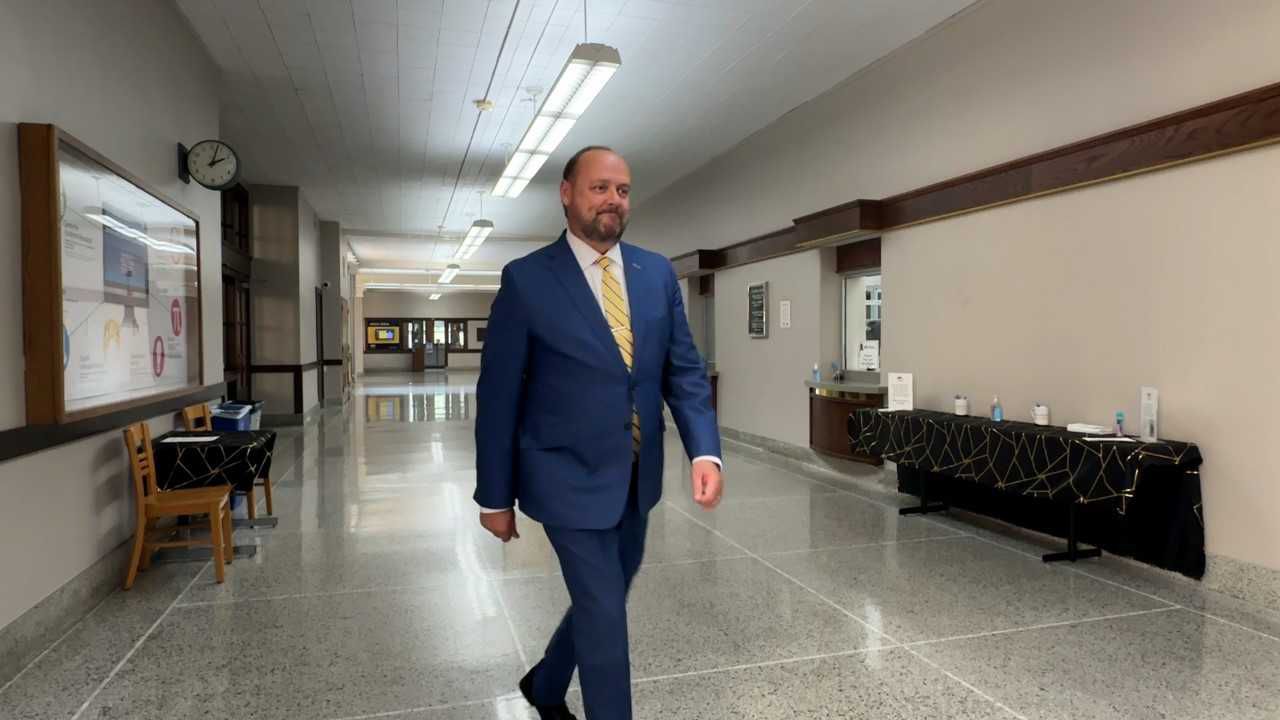OSHKOSH, Wis. — Brain drain is an issue plaguing multiple states in the country, including Wisconsin.
It’s when highly educated and skilled workers leave the state after college to build a life elsewhere. The Wisconsin Policy Forum reports that the Badger State has been among the Top 10 Brain Drain states since the 1980s.
A 2022 study from Forward Analytics shows if Wisconsin does not attract more people from other states and countries, its working-age population could shrink by about 130,000 by 2030.
“We have fewer 18-year-olds today so, the demographics are against us right now,” said UW-Oshkosh Chancellor Andy Leavitt. “We need every single person we can get to stay in the state and work, and we need people to come into the state.”
UW-Oshkosh is managing to keep more students in the state after graduation to live, work, continue their education, or join the military.
According to its most recent First Destination survey, which received 1,500 alumni responses, 84.7% stayed in Wisconsin. More than 89% of graduates born in the state remained here as well.

UW-Oshkosh also surpasses the national average when it comes to college graduates who are employed, 76.8% compared to 60.2%.
“The quality of life here is so high and the cost of living is low,” Leavitt said. “If we have a brain drain problem, I think it’s more a temporary effect because there are lots of people who come back.”
Leavitt touts the college’s internship program and its location as two critical reasons for these positive survey numbers. The First Destination survey has been happening for roughly 30 years.
“We’re in a region that’s one of the highest density manufacturing regions in the country,” he said. “Three of our four academic colleges require an internship.”
Amber Hammond, 24, is a UW-Oshkosh graduate who stayed in Wisconsin to build a life. She is now the assistant director at the Grand Opera House.
“I’m still far enough away from home, but close enough where I can go back if I want to,” Hammond said. “It was very important to me that when I came to this community, I gave back to it.”
Hammond is from Michigan’s Upper Peninsula and credits Wisconsin’s welcoming people as the reason she chose to stay.
“I like the fact that you can walk outside in a blizzard in Wisconsin, and someone would help you change your tire if you needed it,” she said. “That’s the kind of warm, welcoming environment I was looking for.”
Hammond said she intends to make Wisconsin her permanent home.
“Truthfully, this community has always felt like home,” Hammond said, referring to Oshkosh. “I want it to be my last home.”



